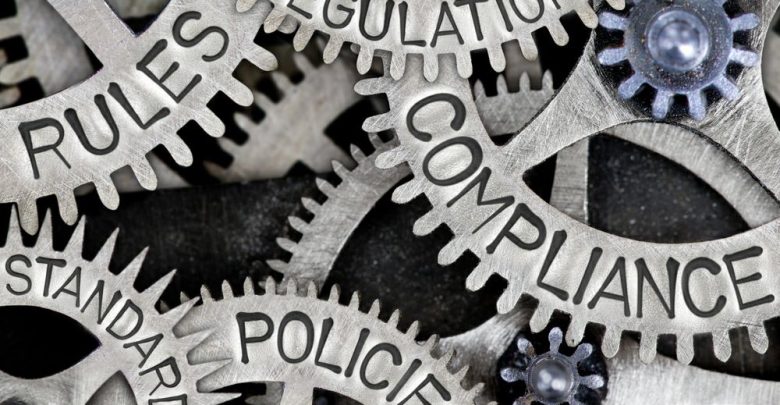An Ontario Superior Court has ordered the extension of an order freezing the assets that were donated to support the so-called Freedom Convoy protests. The Mareva injunction gave the government the authority to seize crypto assets that made up the bulk of the donations to the organizers of the Canadian protests that lasted for about three weeks in opposition to the government’s vaccination policies with respect to the Covid19 pandemic.
The Mavera injunction issued by the superior court judge, Calum MacLeod extended the assets freeze to March 8, ostensibly to give the organizers of the human rights inspired protests the needed time to consult with their lawyers, preparatory to legal fireworks with the government. The essence of the court action is to determine how much the rights of people were impacted and what compensations were necessary.
An Extension of Sweeping Assets Freeze
The injunction also empowered banks, exchanges, platforms that are associated with crypto wallets and other financial institutions to freeze the assets of all the parties involved in the protests in an unprecedented move in Canada.
Apart from funds collectively held for the movement, those that have been linked to the organizers such as Patrick King, Benjamin Dichter and the non-profit human rights Freedom 2022 were all affected by the action.
Analysts who are knowledgeable in Canadian law and politics said that this is the first time that the country is moving against cryptocurrencies as an asset in any guise. The Canadian government has been granted sweeping powers by the Emergencies Act which was activated for the first time to quell the protests.
The freeze also affected other non-financial institutions that played active roles in aiding the protests. These include Gofundme, Adopt-A-Trucker, TD Canada and others.
Ottawa was among the worst-hit regions during the protests which the government said impacted the livelihood of the citizens, through the restriction of movement and a downturn in the regional economy. Truckers and other protesters blocked major highways in the region grounding economic activities in most of the country in solidarity with those not in support of restrictive measures recommended to stop the spread of the Covid pandemics.
A Class Action Lawsuits
The idea behind a class action suit against the protests is to compensate those that were adversely affected by the protests. These are mainly employees of companies situated in the downtown precincts of Ottawa.
While ordering an extension of the injunction, judge McLeod made it clear that the legal action is not a criminal proceedings but strictly a civil lawsuit to determine the damages caused by the protests and the extent of compensation that should be awarded to those affected by it.
Law enforcement agencies, particularly the Canadian Mounted Police have identified 34 cryptocurrency wallets that were linked to the truckers who were the arrow-heads of the protests.
The government of Canada made it clear that protecting the livelihood of its citizens is a priority and that permitting anything contrary was akin to encouraging terrorism.
